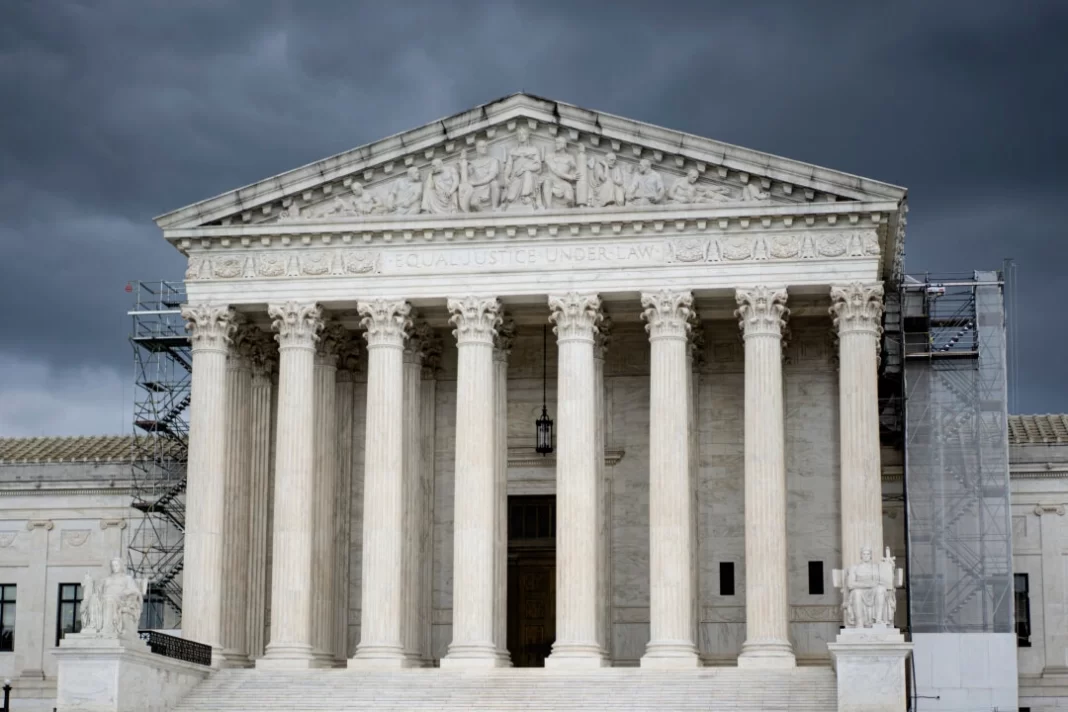The Fifth Circuit held the mandates could not be enforced because the Health and Human Services task force was unconstitutionally structured.
The U.S. Supreme Court decided Jan. 10 to review the constitutionality of an Affordable Care Act provision that allows a panel to mandate that insurers cover preventive medical services without cost to patients.
The new decision was issued as an unsigned order in Becerra v. Braidwood Management Inc. No justices dissented. The court did not explain its decision. The case has not yet been scheduled for oral argument.
The Patient Protection and Affordable Care Act, also known as the Obamacare statute, was enacted in 2010.
According to the government’s petition, the law created the U.S. Preventive Services Task Force, which is housed in the U.S. Department of Health and Human Services (HHS). The task force makes recommendations about preventive medical services, such as medications and screenings.
The law requires health insurance companies and group health plans to cover preventive services approved by the task force without payment from patients.
Braidwood Management, based in Texas, sued over mandates the panel approved to which the company expressed religious objections. The mandates cover HIV prevention medicine, sexually transmitted disease screenings, and various treatments.
The U.S. Court of Appeals for the Fifth Circuit held in June 2024 that the mandates were invalid because the structure of the task force that recommended them runs afoul of the Constitution’s Appointments Clause.
The Appointments Clause provides that the president may appoint officers to assist him in carrying out his responsibilities. Principal officers must be appointed by the president and be confirmed by the Senate, while inferior officers may be appointed by the president alone, the head of an executive department, or a court.
The mandates could not be upheld because the task force members were not appointed by the president and confirmed by the Senate, the circuit court found.
The task force wields “unreviewable power” which makes “its members principal officers of the United States who have not been validly appointed under Article II of the United States Constitution.”









